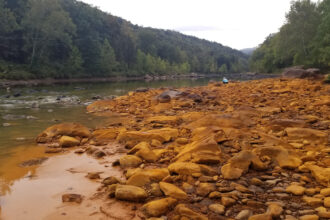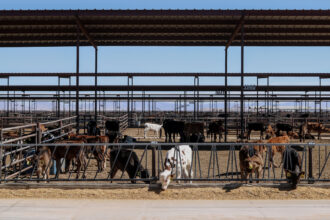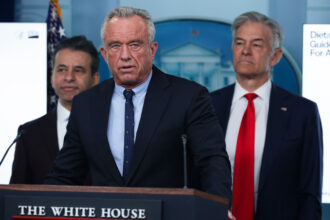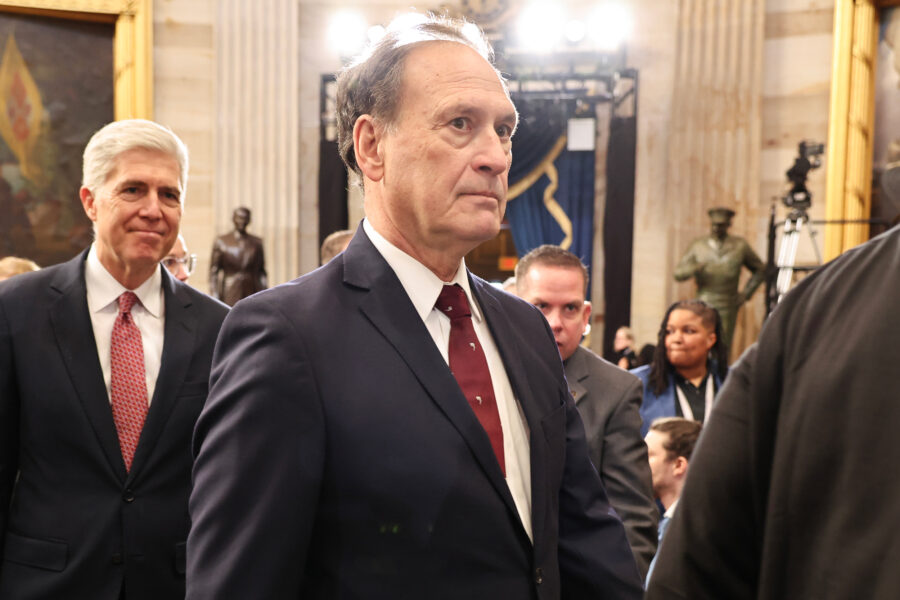When the EPA tightened the national standard for ozone pollution last week, the coal industry and its allies saw it as a costly, unnecessary burden, another volley in what some have called the war on coal.
Since taking office in 2009, the Obama administration has released a stream of regulations that affect the coal industry, and more are pending. Many of the rules also apply to oil and gas facilities, but the limits they impose on coal’s prodigious air and water pollution have helped hasten the industry’s decline.
Just seven years ago, nearly half the nation’s electricity came from coal. It fell to 38 percent in 2014, and the number of U.S. coal mines is now at historic lows.
The combination of these rules has been powerful, said Pat Parenteau, a professor at Vermont Law School, but they don’t tell the whole story. Market forces—particularly the growth of natural gas and renewable energy—have “had more to do with coal’s demise than these rules,” he said.
Below is a summary of major coal-related regulations finalized by the Obama administration:

Most of the regulations didn’t originate with President Barack Obama, Parenteau added. “My view is, Obama just happened to be here when the law caught up with coal. I don’t think this was part of his election platform,” he said.
Many of the rules have been delayed for decades, or emerged from lawsuits filed before Obama took office. Even the Clean Power Plan—the president’s signature regulation limiting carbon dioxide emissions from power plants—was enabled by a 2007 lawsuit that ordered the EPA to treat CO2 as a pollutant under the Clean Air Act.
Eric Schaeffer, executive director of the Environmental Integrity Project, a nonprofit advocacy group, said the rules correct exemptions that have allowed the coal industry to escape regulatory scrutiny, in some cases for decades.
For instance, the EPA first proposed to regulate coal ash in 1978. But a 1980 Congressional amendment exempted the toxic waste product from federal oversight, and it remained that way until December 2014.
“If you can go decades without complying…[then] if there’s a war on coal, coal won,” Schaeffer said.
Parenteau took a more optimistic view, saying the special treatment coal has enjoyed is finally being changed by lawsuits and the slow grind of regulatory action.
“Coal does so much damage to public health and the environment,” Parenteau said. “It’s remarkable to see it all coming together at this point in time. Who would’ve thought, 10 years ago, we’d be talking like this about King Coal?”
About This Story
Perhaps you noticed: This story, like all the news we publish, is free to read. That’s because Inside Climate News is a 501c3 nonprofit organization. We do not charge a subscription fee, lock our news behind a paywall, or clutter our website with ads. We make our news on climate and the environment freely available to you and anyone who wants it.
That’s not all. We also share our news for free with scores of other media organizations around the country. Many of them can’t afford to do environmental journalism of their own. We’ve built bureaus from coast to coast to report local stories, collaborate with local newsrooms and co-publish articles so that this vital work is shared as widely as possible.
Two of us launched ICN in 2007. Six years later we earned a Pulitzer Prize for National Reporting, and now we run the oldest and largest dedicated climate newsroom in the nation. We tell the story in all its complexity. We hold polluters accountable. We expose environmental injustice. We debunk misinformation. We scrutinize solutions and inspire action.
Donations from readers like you fund every aspect of what we do. If you don’t already, will you support our ongoing work, our reporting on the biggest crisis facing our planet, and help us reach even more readers in more places?
Please take a moment to make a tax-deductible donation. Every one of them makes a difference.
Thank you,












